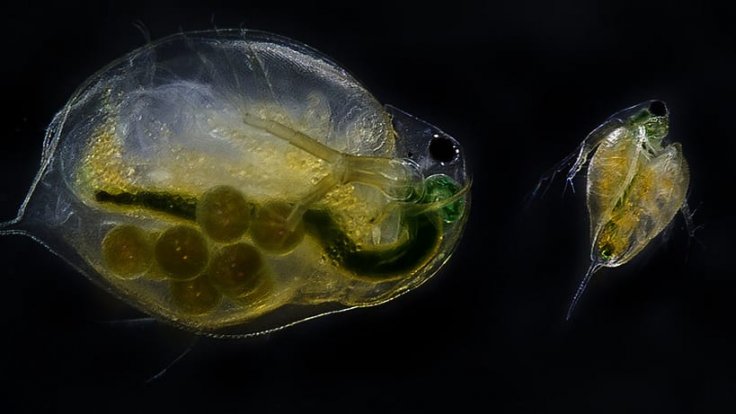
Males and females react differently to disease but it has now been established that men are often hit harder by the flu virus than women, which requires gender-specific medicines and treatment, say Australian researchers.
Some males of a species are larger and stronger, while females are hardy and long-lived, explained Dr Matt Hall from the Monash School of Biological Sciences. "It has been understudied from an evolutionary point of view, and from an applied angle as well. our sex also determines how we will react to medicines. But this finding isn't always reflected in the pharmacy," he said.
In many cases, drug doses were based on the research conducted into the single sex mouse or the fly, he says. "Up until the '90s you didn't have to do any biochemical research on males and females. Subsequently, you've been encouraged to include both sexes, but there's still this disconnect about whether things should be tailored to one or the other."
Hall, who is investigating sex, death and disease in male and female, has been studying Daphnia magna, a common species of transparent, freshwater water fleas that are found around the world, from deserts to alpine regions, coastal ponds, including lakes on campus at Monash University in Clayton, Australia.
He has chosen the fleas which grow up to five millimetres and are a unique system for linking ecology and evolution to the characteristics of infection. Unlike humans, the females of the water flea are more vulnerable to pathogen infection. Not all species need to "suffer" from man flu.
Matt studies the biological challenges of ageing, fighting infection and mate choice. "Every organism faces the same challenge of finding a partner, fighting off pathogens and parasites and trying to live healthily – but why are some better at it than others?"
Daphnia are able to cope with all these challenges. They pack-in 30,000 genes into a small genome, they reproduce quickly, can create genetically identical offsprings, and will rapidly change and adapt to environments.
As a species the water fleas are quick to encounter predators. They grow huge, ornate modifications – helmets and spikes – which makes them harder to eat and too big for a predator to pursue.
"The difference between the sexes is interesting," he says. "There are stereotypes for one sex being weaker than the other when it comes to infection, but it varies by species." In humans it's males, as it is in many mammals and birds, but in insects and the water flea it's females, he said.









